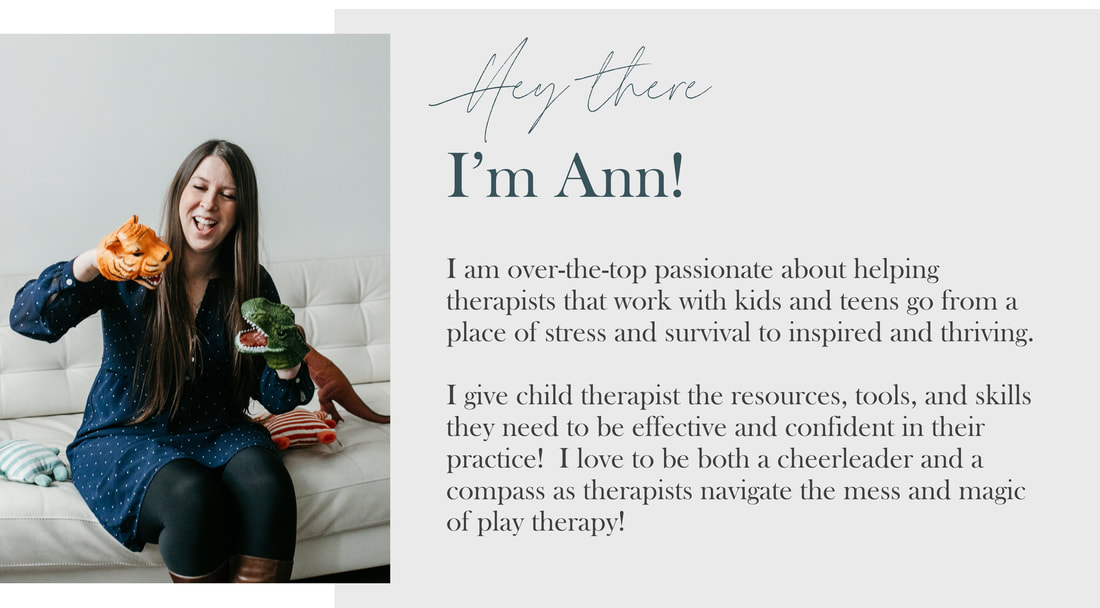|
When you are teaching parents and clients a new skill or regulation technique, how often do they come back to the next session and say it didn’t work?
Oh good, it’s not just me then!
I wanted to share one of my favorite strategies to make all the good parenting skills and regulation techniques that we teach in our sessions actually get implemented effectively out in a family’s day to day life!
First things first - hop on over to this blog on informed consent and grab yourself afree copy of my informed consent checklist so you can start having these conversations and setting expectations at intake! Okay, now that you have your informed consent checklist in hand and are talking with families about the duration of the therapy process as a whole, let’s dive deep into talking with families about what to expect from specific techniques or skills. Now a range of techniques or skills you may be teaching can include co-regulation skills (like in this FREE download here), attachment and connection time, or a structured parenting system for reinforcement, consequences, boundaries, or rules. Whatever it is, change is hard. What we are doing at the core of our work is changing ingrained neural pathways and neural networks leading to current ways of thinking, feeling, and behaving as well as creating new memory networks to help a child know what to expect and how to see the world in the future. Complex right? This definitely doesn’t happen overnight, especially for behavioral patterns or responses from trauma OR difficult relationship dynamics that have been present for likely years. Nope, one week definitely won’t change anything. These parents are absolutely right! BUT consistency, structure, and predictability over time will. So, here is what I will share with clients and families around any new technique or strategy. First of course I will tell them that the first week out you can’t expect any drastic or permanent behavior change. Then I'll explain a bit of neuroscience (just enough so they get it but their eyes don't glaze over). Here I usually use a metaphor that if we took a truck down a dirt road enough times there will become grooves in the road. These grooves are like a pattern of behavior and response. If we drive outside of the ruts and grooves we are likely to fall back in. It takes persistence and repetition to make new pathways and not fall into old ones. Living in Minnesota with TONS of dirt roads, this one usually sticks! Then I say, give me six weeks. Six weeks of sticking consistently to whatever plan we have created and holding the course. Then, and only then, can we evaluate if the technique is effective. Why six weeks? Well… I made it up. BUT it is kind of backed by science. Let me explain - there is no set number of how many times it takes to create a habit or a changed behavior. Some research shows 21 days or 30 days, but you can form a habit or pattern of behavior in as little as one time. The number of six weeks is a short enough time frame that most parents can commit to, as opposed to six months or a year. It is a long enough time to get over and work through (together) any extinction bursts that might happen. It’s also enough time to gather data on if there are any external events that make it easier or more difficult for a family to engage in the skills or techniques, support consistency, and engrain new neural networks and memories. During the six weeks we check in weekly on the skills, how they were implemented, troubleshoot any difficulties that may come up. After that we have a longer parenting session to evaluate what went well and if this is a technique or skill they want to keep engaging in! Now your turn! What are your favorite engagement strategies with parents? Drop a comment below! Loading...
0 Comments
Leave a Reply. |
Hi, there!I'm Ann Meehan, an LPCC, Loading... Archives
July 2024
Categories
All
|
Privacy Policies | Terms of Use | Disclaimer
Contact
[email protected] | Copyright Meehan Mental Health Services 2022
Contact
[email protected] | Copyright Meehan Mental Health Services 2022







